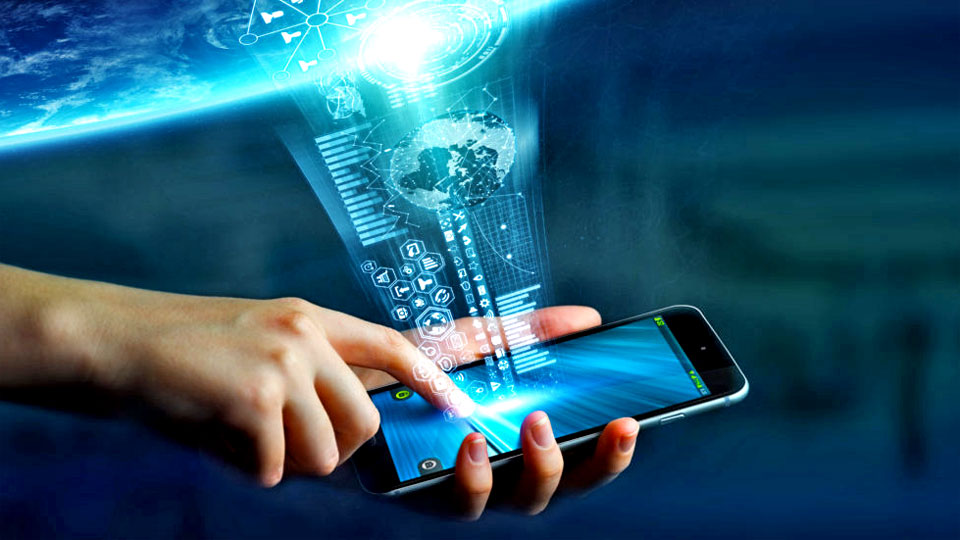
With technology taking more and more space in our daily lives, we also see more of our data available online. However, as data’s online availability becomes mandatory for some services, our personal information is also more at risk. Thus, it becomes vital to find new ways to protect it.
Enter biometric security, which promises to secure your data with an unhackable tool: you! Yet, even with such advanced technology, you’ll need data removal tools as you navigate the internet since third parties can still collect data on the websites you visit. Today, we explain how biometric security enhances your online safety and the challenges it must face.
Advancements in Biometric Authentication
Biometric security can be divided into two categories: physical and behavioral. The first type is what we know and use to unlock our smart devices, like fingerprints or facial recognition. The second focuses on other elements that define a person, like voice recognition or gait analysis.
Since it uses unique parts of your body, there’s no password to remember. Also, you can’t be totally locked out of your device as long as your physical integrity is ensured. It primarily uses
your fingerprints and your facial features, but it can sometimes scan your iris with more evolved models.
Enhancing Mobile Security with Biometrics
When you use a simple password on your mobile device, if it gets stolen, a hacker can eventually get into it. There’s a limited number of combinations, and specialized algorithms will make short work of this weak protection. Even if you get hacked remotely, it’s easier to take control of your device if you don’t use biometrics.
With biometric security, there’s only one possibility of unlocking your device. This solution is always on you, so until Mission Impossible masks become a thing, it’s as secure as it gets. For instance, security measures using biometric data can be used in various situations. Such as cybersecurity in healthcare, which protects an individual’s social security account. Plus, it can prevent identity theft. It can also secure your online transactions, which currently only require card numbers and access to your banking app.
The Future of Biometric Security
For now, mobile devices have focused on developing physical biometric security. However, it could become more efficient by implementing behavioral biometric data. Voice recognition, palm vein scanning, and more security measures could be implemented.
Yet, the future isn’t relying on one of those; it’s creating systems that engulf several biometrics to ensure maximum security. It could then detect someone trying to impersonate you to gain access to your data.

Embracing the Future of Mobile Security
Biometric security has dramatically evolved since its inception, and it’s only getting better as time goes by. It’s a better alternative to having just a password for your mobile devices and various accounts. Everything from payments to healthcare could benefit from using biometric data. This would help to identify individuals.
Right now, if you’re not already using biometrics to lock your mobile device, you should consider it. It would increase your data’s security and quality of life overall.
 Nokia 3
Nokia 3  Xiaomi Redmi Note 10 Pro
Xiaomi Redmi Note 10 Pro  Vivo Y83
Vivo Y83  Xiaomi 15
Xiaomi 15  Xiaomi Redmi Note 12
Xiaomi Redmi Note 12  Samsung Galaxy A8+ 2018
Samsung Galaxy A8+ 2018 

